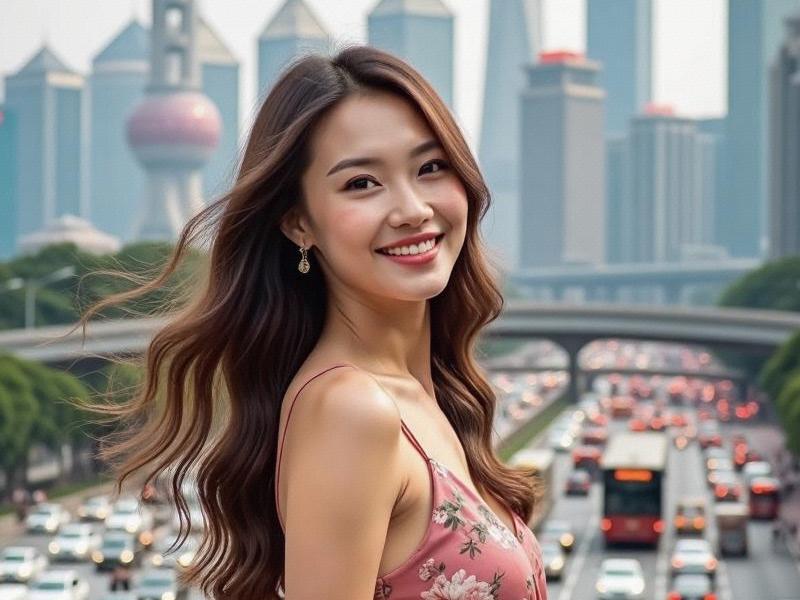
In the shadow of Shanghai Tower's twisting spire, a different kind of vertical empire thrives. The city's entertainment clubs - those glittering citadels of karaoke, cocktails, and calculated networking - have entered what industry insiders call their "Platinum Age." From Huangpu's riverfront palaces to hidden speakeasies in the French Concession, these venues now generate over ¥18.7 billion annually (Shanghai Nightlife Association 2025 report), becoming crucibles where business, pleasure, and Chinese modernity collide.
The New Rules of Engagement
Gone are the gaudy neon signs of old. Today's elite venues like "Cloud 9" in Jing'an District emphasize discretion - unmarked doors opening into soundproofed chambers where CEOs negotiate over Louis XIII cognac and live jazz. "We're selling experiences, not excess," explains manager Vivian Wu. Her club's "Harmony Rooms" feature AI mood lighting that adjusts to occupants' stress levels, a detail that's attracted Fortune 500 companies for off-the-record meetings.
上海娱乐 The KTV Revolution
While traditional KTV (karaoke television) chains like Party World remain staples, luxury hybrids like "The Pearl" have reinvented the format. Their signature "Jade Rooms" combine 8K holographic stages with sommelier-curated whiskey flights and professional vocal coaches on retainer. "Shanghai businessmen now view KTV as essential as golf courses were in the 1990s," notes cultural analyst Dr. Zhang Wei. The city boasts over 3,800 licensed KTV establishments, with 62% incorporating "multi-functional business lounge" features (2024 Municipal Commerce Commission data).
The Regulatory Tightrope
上海喝茶服务vx After 2023's nationwide "Clean Entertainment" campaign, Shanghai clubs pioneered self-regulation. The Shanghai Nightlife Alliance's voluntary rating system (modeled after Michelin stars) grades venues on hygiene, labor practices, and "cultural appropriateness." Top-rated "Platinum Clubs" like Bund 18's "Celestial" employ former diplomats to train staff in international etiquette and blockchain-based billing systems for transparency.
Cultural Fusion in the VIP Room
The most innovative venues weave Chinese traditions into nightlife. At "The Scholar's Den," patrons compose classical poetry between cocktails using AR calligraphy tables, while "Opera Royale" stages Peking opera performances with EDM remixes. "We're creating the next generation of Shanghai mixology," says mixologist Leo Chen, whose "Five Elements" cocktail series uses baijiu infused with rare herbs from TCM pharmacies.
上海龙凤阿拉后花园 The Dawn of Daytime Clubs
Responding to demand from finance sector workers, venues like Lujiazui's "Golden Hour" now offer "sunrise memberships" with 6am champagne brunches and sound bath meditation sessions. "Our clients need places to decompress after overnight trading sessions," explains founder Marcus Li. These dayclubs reported 217% revenue growth last quarter, signaling a seismic shift in Shanghai's leisure rhythms.
As the city prepares for the 2025 Night Economy Summit, its entertainment clubs stand as monuments to Shanghai's unique alchemy - spaces where guanxi gets built over single malts rather than tea, where billion-dollar deals get sealed between power ballads, and where China's future gets written in the glow of LED-lit ice buckets.
